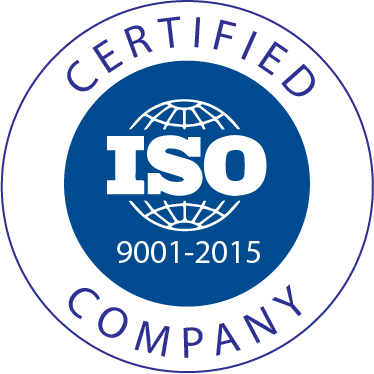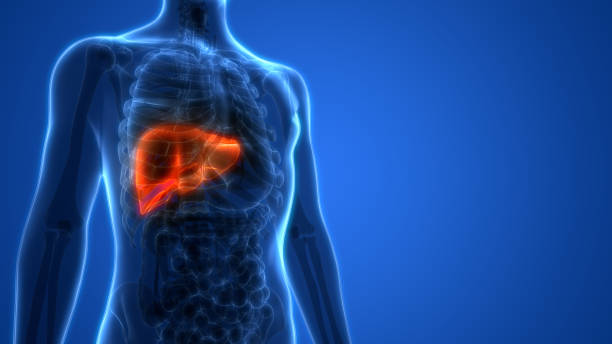Preparing for the Procedure
Discuss with the surgeon the best process to operate and ensure that they follow through with it. There are restrictions related to food and drink and kids, details are mentioned here,
Solid Food: 6 hours before surgery
Formula Milk: 6 hours before surgery
Breast Milk: 4 hours before surgery
Clear Fluids: 1 hour before surgery
Please remain in contact with the surgeon regarding the medications that the child is taking as this can have a bearing on the timeline of the surgery.
Some preparations are done prior to the surgery such as an Electrocardiogram (ECG), Pulse Oximetry, and Intravenous line inserted into the vein of the foot or non-dominant hand. A nasogastric tube may be inserted into the nostril so that food reaches the stomach post-surgery. The anesthesiologist will also prepare you before the surgery as to what is in store and likely ask you questions about the child’s health parameters.
During the Procedure
This procedure takes about 4 hours to complete and is performed by Pediatric surgeons who have had specialized training in providing treatment through operations in children. Many small incisions (laparoscopic) and not one large incision (open surgery) can be employed by the surgeon in performing this surgery.
Bile ducts and gallbladder are replaced with part of the child’s small intestine which is attached to the liver and starts working as an extrahepatic bile duct system. This ensures that the Liver to intestine bile flow is maintained as the two are now directly joined with each other.






